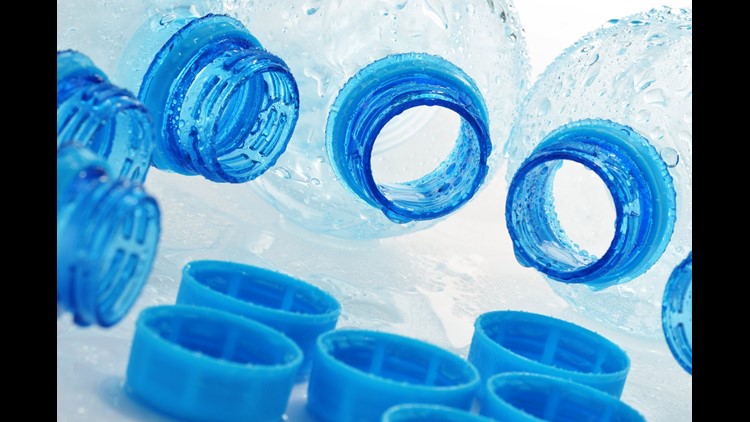According to the Centers for Disease Control, 12% of women and 8% of men in the United States have fertility issues and use in vitro fertilization to get pregnant. There is mounting evidence that plastics containing BPA can negatively impact the ability of these couples to get pregnant.
BPA is Bisphenol A and is used in plastic to make it rigid and shatterproof instead of soft and squishy. It is used in plastic bottles, trays, liners on the inside of cans, and is found on receipts and other rolled paper so everyone is exposed. A national study found detectable levels of BPA in 93 percent of 2,517 human urine samples tested in 2003-2004. The issue is that mimics hormones and acts as an endocrine disruptor. Properly functioning hormones are crucial to reproduction and crucial to the success of hormones used in in vitro fertilization.
The most recent study examined 239 women who underwent in vitro fertilization from 2007 to 2012. Of the women with the highest exposure to BPA, 17% successfully had a baby versus 54% of women with the lowest exposure. This is not the highest quality of studies as confounders other than BPA could be the cause that you cannot tease out but there are several reasons why BPA is the most likely cause. A study of 174 women undergoing in vitro fertilization found that women with the highest BPA exposure had 24% fewer cells that turn into eggs than women with the lowest exposure. A study of 44 women undergoing in vitro fertilization found BPA levels linked with reduced response to estrogen during their fertility treatments. In addition, numerous animal studies using BPA have found reductions in fertility and fewer pregnancies continuing to term.
Aside from reusable water bottles; baby bottles, sippy cups, and baby formula containers are now BPA free. However, BPA substitutes are still predominantly bisphenol products and have not been rigorously studies for safety. One replacement called BPS has been shown to cause problems in zebra fish and rats.
Using glass, porcelain, and stainless steel are better options and are BPA and BPA substitute free. Heating plastics releases more BPA or BPA substitutes so if you are storing food or drinks in plastic containers, put it on a glass or porcelain plate before microwaving or adding boiling water. Don’t leave reusable water bottles in your car in the summer where it gets baked at 130 degrees in the summer. Throw out plastic containers with cracks in them. And finally, try to eat fresh fruits and vegetables instead of canned produce wherever possible.
Dr Michael White, UConn School of Pharmacy



